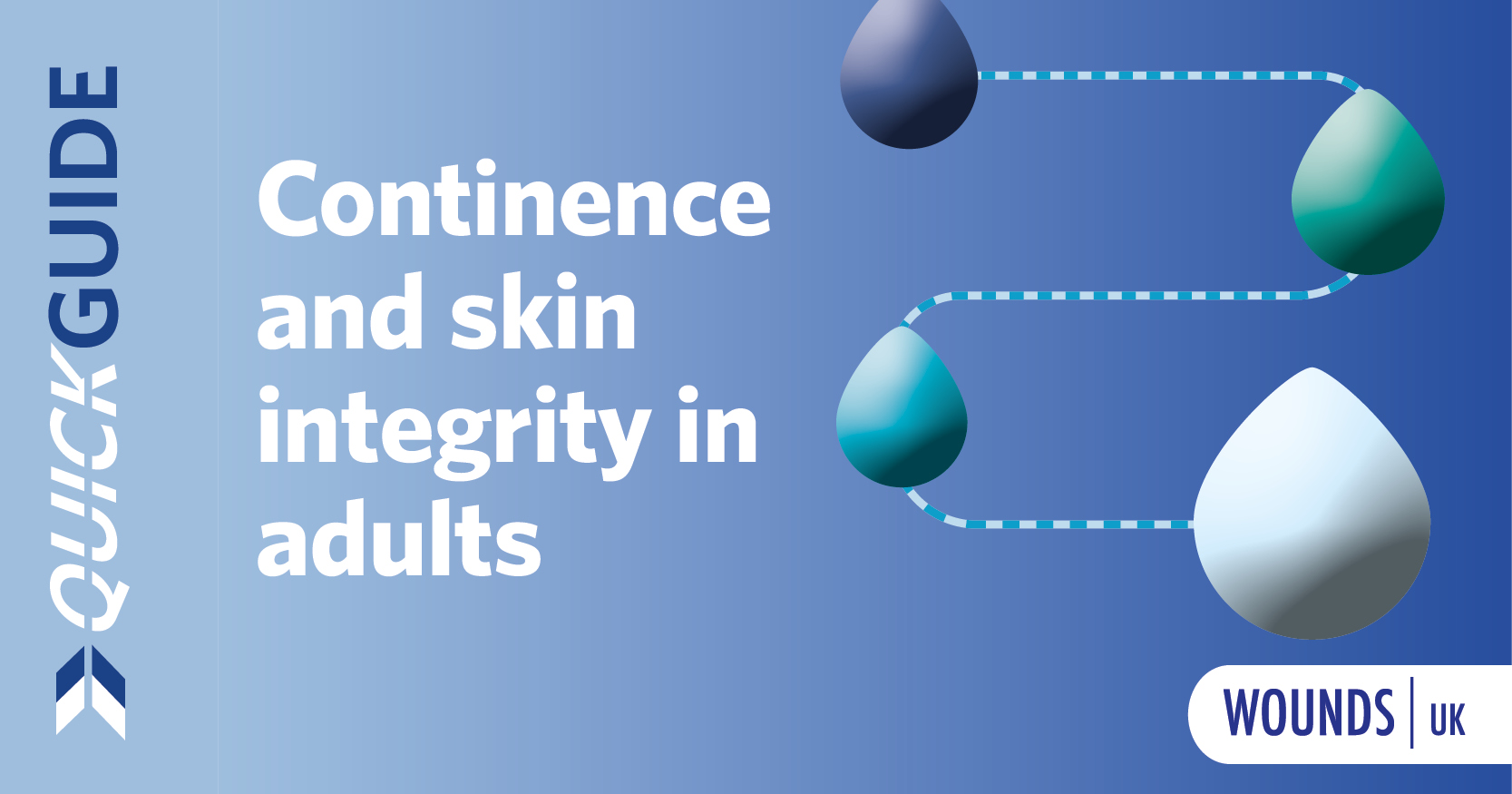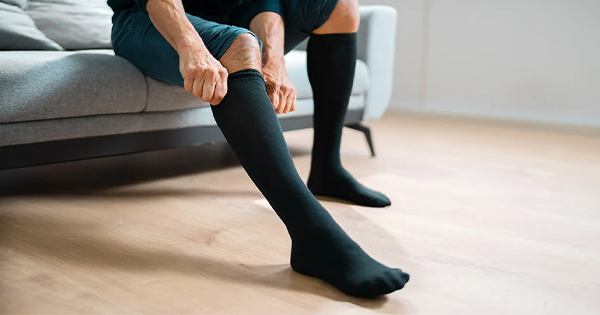Background: In the UK, patients with lower limb ulcers requiring specialist medical footwear can usually only access it via secondary care, e.g. a diabetic foot clinic or podiatry service. In primary care, this type of footwear for patients who have to wear bulky bandages or dressings as part of their treatment is often not available.
Aim: This study aimed to assess whether there was a change in quality of life for patients with lower limb wounds, when provided with specialist medical footwear.
Methods: Twelve patients with foot or lower limb ulcers were provided with Kerraped® specialist footwear and the Cardiff Wound Impact Schedule was used to assess the effect of the footwear on 3 domains of quality of life: ‘physical symptoms and daily living’, ‘wellbeing’ and ‘social life’.
Results: In patients with foot or lower limb ulcers with no previous access to medical footwear devices, changing from their own sourced footwear to wearing Kerraped® resulted in a marked improvement in two of the three key quality of life domains of physical symptoms and daily living (10.7% improvement) and wellbeing (11.1% improvement) within two weeks. There was a slight increase in the social life domain (2.4% improvement).
Conclusion: This study showed improvement in two key quality of life domains indicating that provision of specialist footwear would be of benefit to patients with lower limb wounds, whether in primary or secondary care.
Conflict of interest: Richard Leigh is a Member of the advisory panel to Ark Therapeutics and Steven Barker is a former co-founder of Ark Therapeutics.




